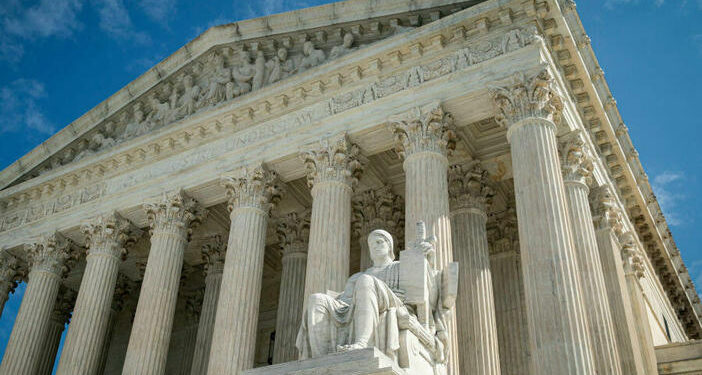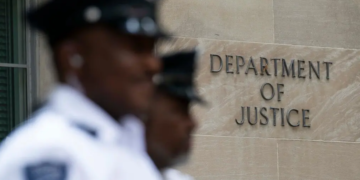The recently redrawn 2nd Congressional District spans from Mobile (shown here) to Montgomery, encompassing regions with significant historical connections to struggles for voting rights and desegregation. / Photo by Emily Kask for NPR. Img source: gpb.org
April 15, 2024 Story by: Editor
When the U.S. Supreme Court delivered a verdict last year affirming that Alabama’s congressional map unfairly disadvantaged Black voters, the fix was clear-cut: Establish new boundaries to incorporate a second district where Black voters could elect a representative of their choice.
But what exactly does that representation entail?
For Shalela Dowdy, a voting rights organizer based in Mobile, Alabama, the answer is unequivocal.
“It means having a voice at the decision-making table, ensuring that those seated represent the diversity of the populace, not just one segment,” she asserted. “Representation encompasses ethnicity, backgrounds, race, as well as gender. With such diversity, we bring forth varied experiences and perspectives.” Source: Michiganpubic
More than merely fulfilling a demographic quota, representation, she emphasized, “implies that our needs and desires will be considered when legislation is proposed and voted upon.”
Dowdy is among the plaintiffs in the lawsuit challenging Alabama’s congressional redistricting process, which led to the appointment of a special master to devise new boundaries after Republicans failed twice to produce compliant maps.
Now, with the ruling in place, Dowdy is engaged in educating voters about the implications of the redrawn lines. Notably, Alabama’s newly configured 2nd Congressional District is poised to elect a Democrat, in contrast to a Republican.
Her focus now is on mobilizing voters to participate actively in November’s election, cautioning against complacency.
“I’m not celebrating yet because I recognize there’s still work to be done,” she stressed.
For many Black voters residing in the freshly delineated district, the significance of this victory for voting rights is self-evident.
In Mobile’s Toulminville neighborhood, Ollie Davison reflected on the sacrifices made by predecessors for the right of African Americans to vote.
“People sacrificed their lives for this privilege,” he remarked. “My own grandfather… he was 32 when he cast his first vote. Considering the legal voting age is 18, there’s a gap there, and people fought for that.”
LaTanya Stallworth, after casting her ballot, underscored the importance of representation in understanding and addressing the challenges faced by their community.
“It’s crucial to me because we need a voice there,” she insisted. “Someone who advocates for our district, who understands our struggles.”
Throughout Alabama’s history, Black voices in places like Mobile were stifled by racist voting laws and discriminatory practices, which either barred them from voting altogether or diluted their political influence.

















